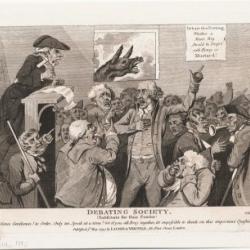
Debating societies
DUTHILLE Rémy
Debating societies became well-established institutions in London and provincial cities, catering for the taste for public debate among the lower and middling sorts. Topics could be frivolous, but when societies debated politics, religion, and the economy they were felt to voice threateningly radical opinions.
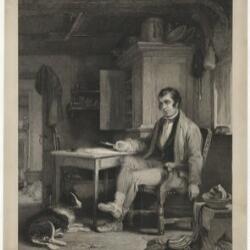
Edinburgh clubs and societies
JUILLET-GARZON Sabrina
This entry gives an overview of the clubs and societies in Edinburgh during the long eighteenth century. These were indeed a reflection of the expectations of the Scottish society.
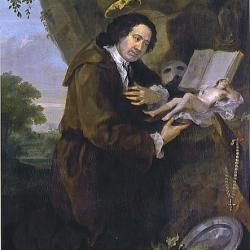
Hell-fire Clubs
WALTHER David
The eighteenth century saw a proliferation of so-called Hell-fire Clubs, the members of which were invariably accused by society of promoting heavy drinking, sexual license, blasphemy, and Satanism, even if reality differed considerably from club to club.
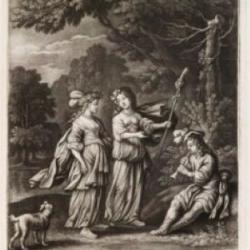
Literary Academies
RENUCCI Léa
Early modern literary academies were spaces of in-person and epistolary interaction and intellectual sociability. From the highly institutionalised royal academies to the academies salonnières of Italy, they incarnated the practices of the educated, intellectual classes in Europe.
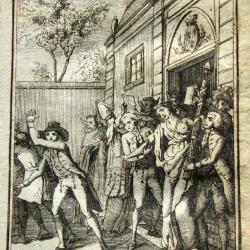
Political clubs during the French Revolution
WALTON Charles
This entry examines the political clubs of the French Revolution, focusing especially on the Jacobin Club. It explores the reasons why the clubs strayed from their initial ideals of civil debate and succumbed to lethal factionalism.
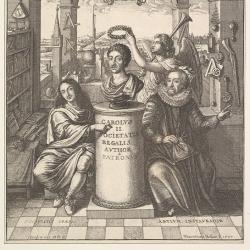
Royal Society
HELLAWELL Philippa
Founded in 1660, the Royal Society is the world’s oldest scientific institution. In the long eighteenth century, fellows dedicated themselves to understanding the causes of natural and artificial phenomena, but the activities that brought them together were also profoundly social and dictated by social convention.